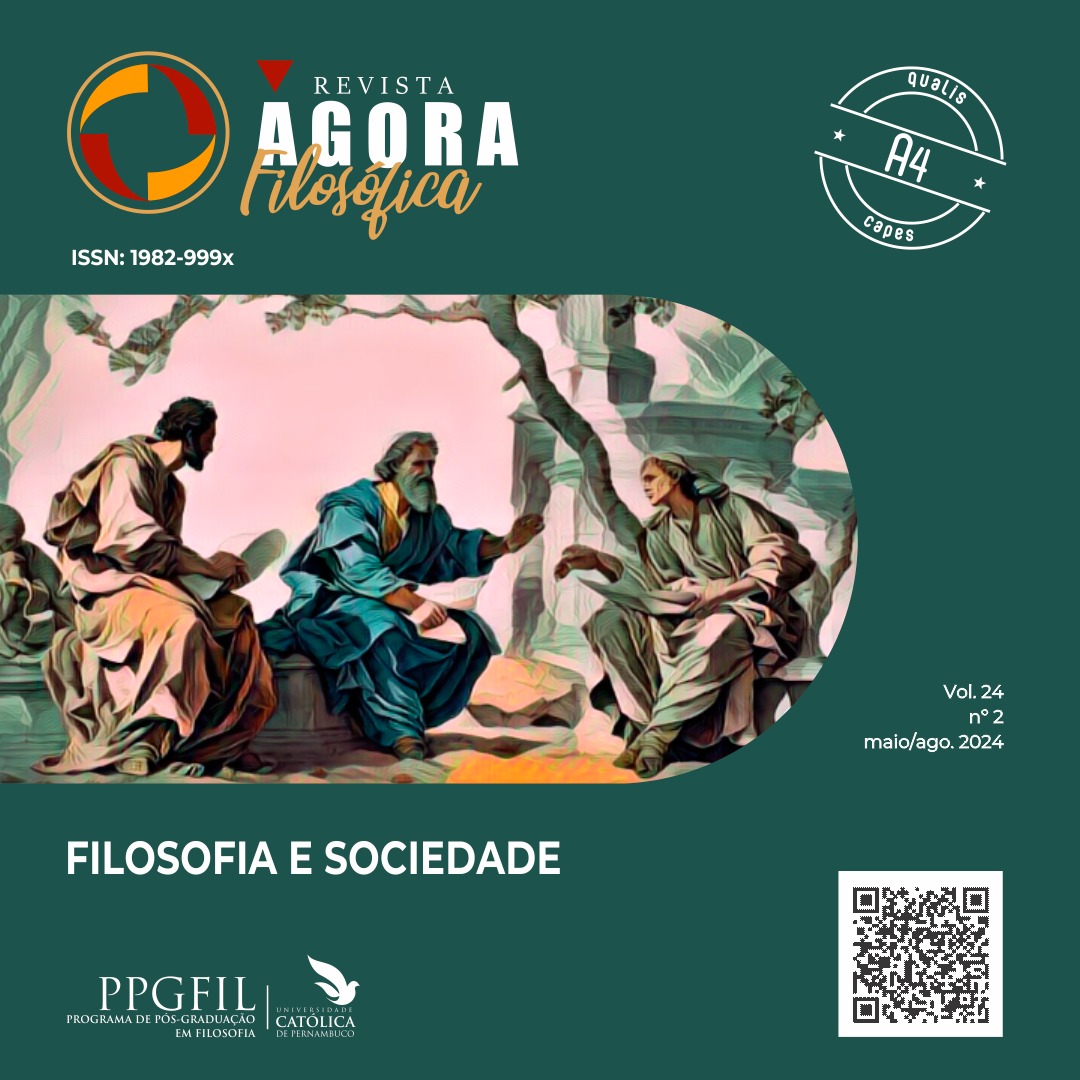Time, Experience and Death
DOI:
https://doi.org/10.25247/P1982-999X.2024.v24n2.p127-147Keywords:
time, experience, death, objects, memoryAbstract
My starting point in this writing is the desire to answer the question of why being dead for one day is exactly the same as being dead for a million years. In the first part of the paper, I try to make clear what the usefulness of the concept of time really consists in. I then link my remarks with a particularly relevant pronouncement of the Tractatus to the effect that death is not an experience. Broadly speaking, my own view is that “time” is first and foremost an organizational and classificatory concept (similar to “space”), that is, it serves to put an order into our experiences, since it enables us to coordinate the order or sequence of events with my subjectivity, i.e., with my particular perspective of reality. The concept of time integrates what on many occasions has been labelled “mental time” and “physical time” or, in Wittgensteinian terminology, “information-time” and “memory-time”. On the basis of this dichotomy, I critically examine what could be called the ‘substantialist conception of time’, which makes ‘time’ a name, a view which in my opinion is refuted. Finally, I show by means of examples what the usefulness of the term ‘time’ in colloquial language consists in and I conclude by putting forward my explanation of why the concept of time has no application to the dead.
Downloads
References
MALCOLM, Norman. Memory and the Past, Three Forms of Memory” and “A Definition of Factual Memory in MALCOLM, Norman. Knowledge and Certainty. Essays and Lectures. Cornell University Press. Ithaca/London, 1963
TOMASINI, Alejandro. Intelligibility and Objectivity of Psychological Language. Global Journal of Human social Science, Linguistic and Education, Vol. 21, Issue 3. Version 1.0, p. 2021.
WITTGENSTEIN, Ludwig. Tractatus Logico-Philosophicus. Routledge and Kegan Paul, London, 1978.
Downloads
Published
Issue
Section
License
Copyright (c) 2024 Alejandro Tomasini

This work is licensed under a Creative Commons Attribution 4.0 International License.
You are free to:
- Share — copy and redistribute the material in any medium or format for any purpose, even commercially.
- Adapt — remix, transform, and build upon the material for any purpose, even commercially.
- The licensor cannot revoke these freedoms as long as you follow the license terms.
Under the following terms:
- Attribution — You must give appropriate credit , provide a link to the license, and indicate if changes were made . You may do so in any reasonable manner, but not in any way that suggests the licensor endorses you or your use.
- No additional restrictions — You may not apply legal terms or technological measures that legally restrict others from doing anything the license permits.
Notices:
You do not have to comply with the license for elements of the material in the public domain or where your use is permitted by an applicable exception or limitation .
No warranties are given. The license may not give you all of the permissions necessary for your intended use. For example, other rights such as publicity, privacy, or moral rights may limit how you use the material.
















